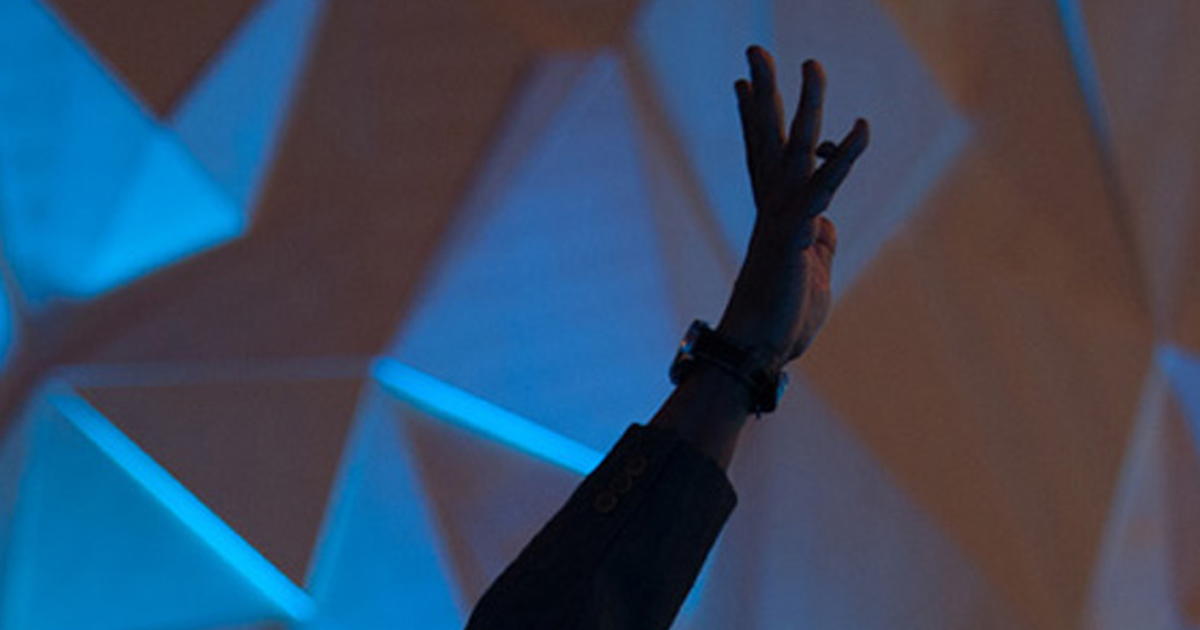
He who does not trust enough, will not be trusted. – Lao Tzu
Trust is important. Especially in business.
Think about it. A lot of great companies would not have been around today if their founders did not have trust. First they needed to have the trust in themselves to take the entrepreneurial leap. Then they needed to trust a small team of people to build a product after which they most probably needed to trust funders & investors to help them grow their business. Next up was trusting their employees to bring their business to scale. And all of this was needed to instil the right type of trust with their clients so they would renew their business with their organisations year-on-year.
My no. 1 internet source Wikipedia describes ‘trust’ as something in which one party (the trustor) abandoning control over future actions so that another party (the trustee) can add value.
The most striking words in this description are ‘abandoning control’. It doesn’t sound like an easy thing to do. Personally, it would take me quite a bit to give someone complete authority to just go ahead without any input of my own.
I am not the only one struggling with this. For many of us trust is a hot topic in this rapidly evolving world.
In his keynote speech at WISE 2017 in November last year, the world-renowned journalist Fareed Zakaria spoke about how we are unwillingly developing into a digital dystopia in which the growth of technology is making it increasingly harder to find out what is true and how to trust one another.
“In this new world, technology is playing a pernicious role… The only thing that can stop the decline of civilisation is facts and education.” Zakaria said.
But how do you safeguard the facts? And how do you ensure that the way in which we teach and learn does not get polluted by any wrong facts or fake news?
I am not going to pretend to have all the answers for such a complex problem in this 800 words blog post. However, I would like to seize the opportunity to nominate the Blockchain as a possible solution to ensure that what we are looking at is real so we can keep the trust going.
The concept is simple. You permanently store what you know to be true, today and 100 years from now, on the Blockchain. Each fact you upload is given a unique code that is kept in an arena of other codes (or digital chain of several coded blocks).
You decide who gains access to your codes and who gets to decrypt what your exact facts are. If you do not trust a person or party, you simply do not grant them access.
The Blockchain guarantees that each code you own is unique so you can never have the same codes for the same facts. This keeps alternative facts out. There will always be a difference.
Personally I feel that the Blockchain can serve as an ideal future arbitrage system that allows us to verify the facts that matter; from digital currencies and university diplomas to job references, from bank accounts and phone numbers to home addresses.
One of the most inspiring Blockchain ideas that I have seen is a game called The Ledger, initiated by the ACT Foundation. It is a futuristic learning system in which individual learning & development is rewarded by granting you ‘an Edublock’ in the Blockchain.
Each time you finish a book, finalise a course or solve a puzzle, this is marked on the Blockchain. Each block will have an individual value that can be used as a currency within an educational eco-system. E.g. with more blocks you can repay less of your college debt, pay a lower tuition for a university course or even trade in your blocks for an actual Higher Education degree.
The ACT Foundation invites you to participate in this game to look into future of Education with the Blockchain by 2026 and thus far over 9000 people are participating, coming up with great ideas on how the Blockchain can be successfully applied in Science and Education.
Another beautiful example – that I am proud to be a co-builder of – is a platform called Genomes.io, a Blockchain enabled technology that protects people from the exploitation of their personal DNA structure (also known as genetic code).
It has increasingly become a lot cheaper to sequence our genes and gain an insight in who we are from a DNA perspective. Good news, but the risk here – if we are not careful – is that big pharmaceutical concerns might be able to contact you with a new medicine because they know you might be susceptible to developing a specific disease or a company can decide not to hire you because you could develop heart problems before your retirement 30 years from now.
Genomes.io allows you to store your genomic sequence on the Blockchain and helps you to provide access only to those parties that you trust.
The Blockchain will help us in defining what is true or false. It has the genuine capacity to prevent any ‘alternative facts’ from taking over the learning process and can help us to constructively work with each other so eventually all can have a high-quality education in this rapidly evolving technological world.
This is really true. Trust me…
Aldo de Pape is the founder & CEO of the London-based Education technology company TeachPitch that recently announced its collaboration with the Knowledge Media Institute at the Open University. Together with the team at the Open University the company will store and manage all its online tutoring certificates from the Blockchain.